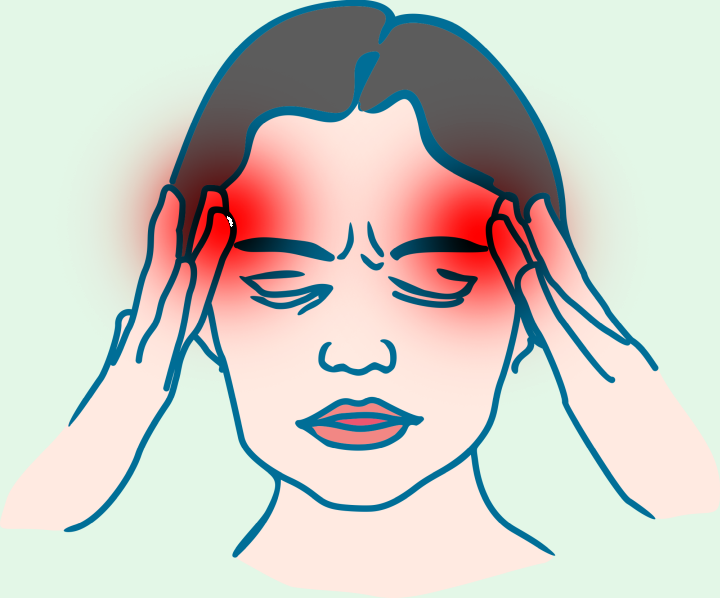To provide services at the highest level, we use cookies. Using the website requires you to choose settings related to their storage on your device. If you want to know what each type of cookie is used for, click the Details button below.
Overcome severe headaches and live a healthy life!10 lipca 2023 |

Severe headaches can have various causes. The most common ones are migraines or tension headaches. However, sometimes severe headaches can be caused by infections, stress, fatigue, overuse of pain medications, head injuries, as well as certain diseases such as meningitis or tumors.
There are certain accompanying symptoms of a severe headache that may indicate serious health problems and should be treated as a cause for concern. These include sudden and intense pain that differs from previous experiences, headache after a head injury, weakness or loss of consciousness, vision problems, difficulty speaking, numbness or weakness in the limbs, high fever, nausea, and vomiting. If you experience such symptoms, seek immediate medical attention.
A severe headache can be dangerous if it is a symptom of a serious health condition such as a stroke, intracranial bleeding, encephalitis, carotid artery dissection, meningioma, or brain tumor. If the pain is very intense, sudden, extremely painful, or accompanied by other worrisome symptoms, it is important to seek medical advice immediately as they may indicate a life-threatening or health-threatening condition.
The treatment of a sudden and severe headache depends on its cause. For tension headaches, pain relievers, relaxation techniques, massages, and avoiding triggers may help. For migraines, migraine-specific medications such as triptans can be used, and it's also important to avoid triggers that may provoke migraines. If the headache is caused by other conditions, treatment of the underlying cause may be necessary, which could involve medication, physiotherapy, or surgical intervention. It is important to consult a doctor for proper diagnosis and treatment.
Primary headaches, also known as spontaneous headaches, are headaches that occur independently without being related to any other health condition. There are different types of primary headaches, such as migraines, tension headaches, and cluster headaches. The causes of these types of headaches are not fully understood, but they are associated with factors such as genetics, environmental factors, hormones, muscle tension, stress, and diet. Although primary headaches can be bothersome, they are typically not a symptom of serious health problems. However, there are available treatment methods and management strategies for these types of headaches that can help alleviate symptoms and improve quality of life. If you experience frequent and persistent headaches, it is always worth consulting a doctor.